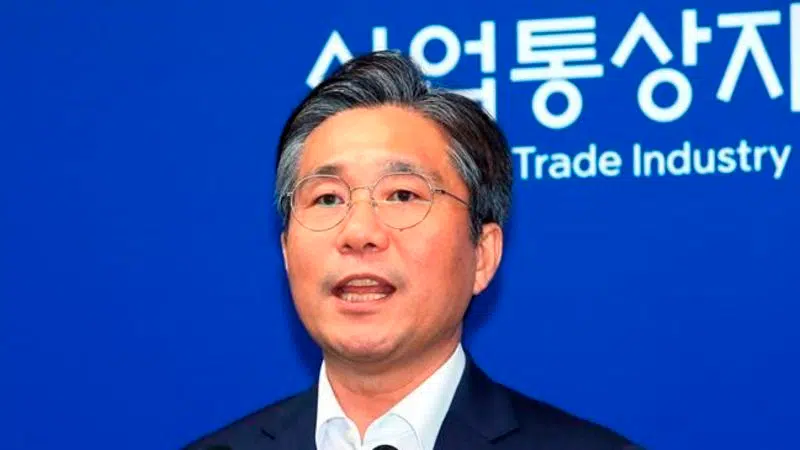
South Korea to remove Japan from preferred trade list
SEOUL, Korea, Republic Of — South Korea said Monday that it has decided to remove Japan from a list of nations receiving preferential treatment in trade in what was seen as a countermeasure to Tokyo’s recent decision to downgrade Seoul’s trade status amid a diplomatic row.
It wasn’t immediately clear how South Korea’s tightened export controls would impact bilateral trade. Seoul said South Korean companies exporting to Japan will be able to receive exceptions from case-by-case inspections that are normally applied to exports to nations with lower trade status and go through a faster approval process they currently enjoy.
South Korean Trade Minister Sung Yun-mo said the government decided to remove Japan from the country’s 29-country “white list” because it has failed to uphold international principles while managing its export controls on sensitive materials.
Sung and other South Korean officials did not specify what they saw as Japan’s problems in export controls. They say that Seoul will work to minimize negative impact on South Korean exporters and bilateral trade.


